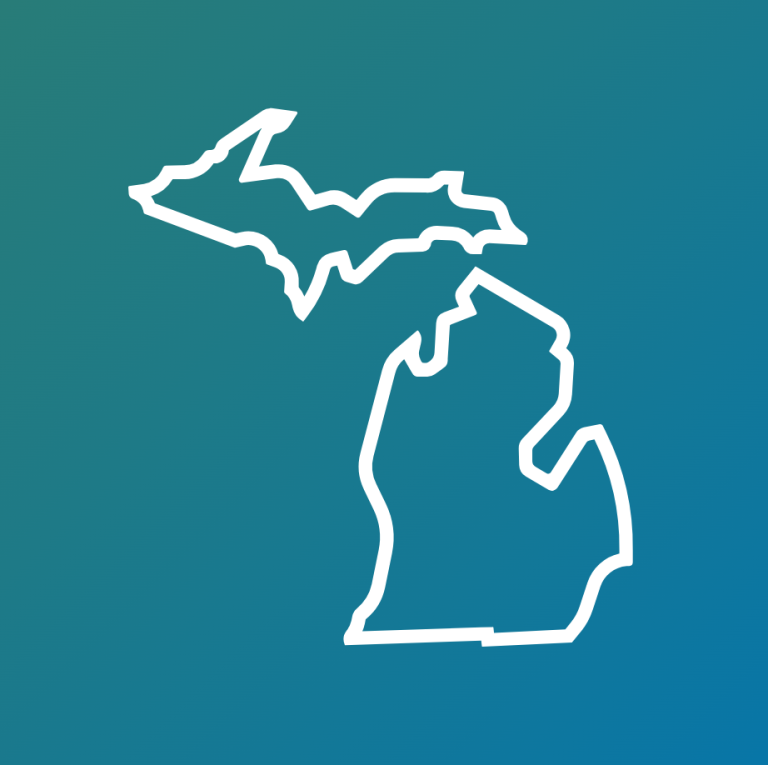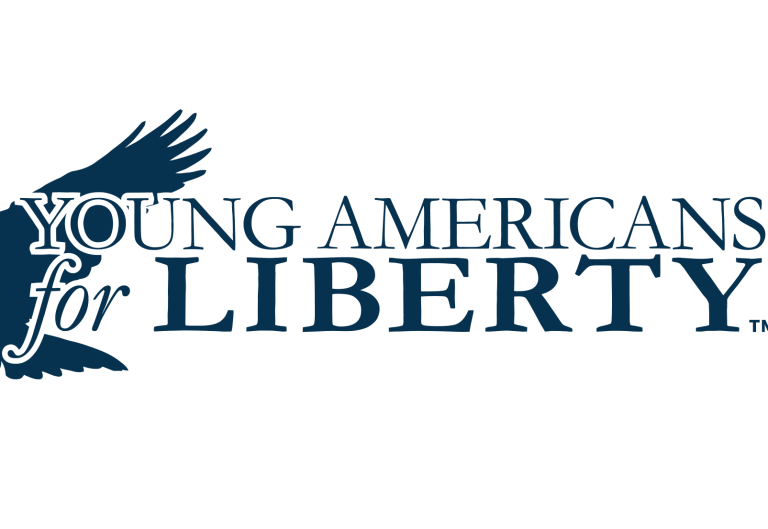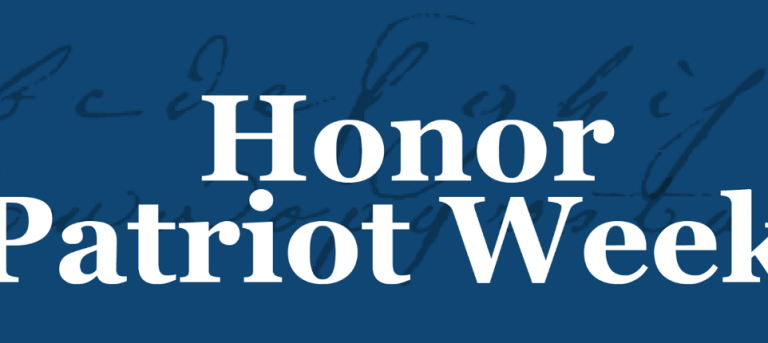MI 12TH CONGRESSIONAL DISTRICT REPUBLICANS
Education Matters!!!
Have you found yourself wanting to know more about being a delegate?
You're certainly not alone! We've determined these links to be helpful and informative when learning about how to get involved in politics, run a meeting or convention, campaigning for or to become a Republican candidate.

Precinct Delegate
Robert's Rules of Order
https://robertsrules.com
"For parliamentarians and novice club presidents alike, Robert’s Rules of Order Newly Revised is this country’s recognized guide to smooth, orderly, and fairly conducted meetings. It is the only book to have been maintained since 1876 under the continuing program established by General Henry M. Robert himself and his descendants in cooperation with the official publishers of Robert’s Rules."
MI Precinct First
https://miprecinctfirst.com/overview/
A Precinct Delegate Overview
Election Officials Manual: Michigan Bureau of Elections Chapter 5
Qualification and Filing Requirements.
Updated February 2019
Laws and History
Constitution of
the United States
U.S. Constitution | Constitution Annotated | Congress.gov | Library of Congress
The Constitution is the Supreme Law of our Land. It superceded the Articles of Confederation on March 4th, 1789. It defines the principal organs of Government, their jurisdictions, the basic rights of this nation's citizens and the boundaries of how the Federal Government shall interact with them.
Declaration of Independence
https://www.archives.gov/founding-docs/declaration-transcript
The Declaration of Independence is the founding document or our nation. On July 4, 1776 it was adopted unanimously by the 56 delegates to the Second Continental Congress, who convened at the Pennsylvania State House, later named Independence Hall. It explained in depth why the Thirteen Original Colonies were no longer subject to British Colonial rule.
Articles of Confederation
https://www.archives.gov/milestone-documents/articles-of-confederation
The Articles of Confederation was an agreement of the then 13 States of the United States that served as the nation's first frame work of government. It was debted the Second Continental Congress at Independence Hall between July 1776 and November 1777. Congress finalized it November 15th, 1777 and it was ratified by all 13 States and became effective on March 1st, 1789.
Federalist Papers
https://guides.loc.gov/federalist-papers/full-text
The Federalist Papers, is a series of 85 essays written by Alexander Hamilton, John Jay, and James Madison between October 1787 & May 1788. The essays were published anonymously, under the pen name "Publius," in various newspapers of the time.
The Papers were published to urge New Yorkers to ratify the proposed United States Constitution, which was drafted in the summer of 1787. The essays explain particular provisions of the Constitution in detail. For this reason, & because Hamilton & Madison were each members of the Constitutional Convention, the Federalist Papers are often used to help interpret the intentions of the Constitution.
Anti-Federalist Papers
https://ia801404.us.archive.org/3/items/TheAntiFederalistPapers/TheAntiFederalistPapers.pdf
The Anti-Federalist Papers is a collection of Speeches and Essays written by the dissenters (George Mason, Patrick Henry, Samuel Adams to name a few) of the Federalist Papers, who argued the newly proposed Constitution was consolidating too much power into the hands of Congress at the expense of the States, made the president a sort of monarch, that The People were best protected when the States resided with power, rather than a Federal Government and that without a Bill of Rights, the Federal govenrment would become tyrannical.
The Bill of Rights
(First Ten Articles)
The Bill of Rights: What Does it Say? | National Archives
Without The Bill of Rights, The US Constitution as we know it, may have never been ratified by the States! We have James Madison to thank for studying the deficiencies of the proposed Constitution pointed out by the Anti-Federalists. However, contrary to Madison's purpose, the Bill of Rights was adopted as an addition to the Constitution and not included in its body as part of the whole.
Michigan State Constitution
https://www.legislature.mi.gov/Publications/MIConstitution.pdf
And Searchable https://www.legislature.mi.gov/(S(ccn5fybtmlrwtjt1121y10se))/mileg.aspx?page=GetObject&objectname=mcl-Constitution
The first State Constitution was approved in 1835 when Michigan was preparing to join The Union. Our Current State Constitution, 4th overall, was adopted in 1963 with 23 sections. Since then, four more sections have been added. The first section reads, "All political power is inherent in The People."
Michigan Election Law
https://www.legislature.mi.gov/documents/mcl/pdf/mcl-chap168.pdf
And Searchable https://www.legislature.mi.gov/(S(s0icivhjrf4jvzpfx5setj2v))/mileg.aspx?page=getobject&objectname=mcl-Act-116-of-1954
The Michigan Compiled Law (MCL) Chapter 168: Michigan Election Law
Michigan Election Act 116 of 1954 with all addendums and expirations through March 18th, 2024.
Michigan Election Administration
https://www.michigan.gov/sos/elections/admin-info
The Michigan Secretary of State website for all things pertaining to conducting elections in your community.
Michigan Elections Secretary of State
https://www.michigan.gov/sos/elections
The Michigan Secretary of State website for all things pertaining to the various ways to vote, election results & data, link to the State Board of Canvassers, filing for office appointments, future candidate listings, Ballot measures and petition filings.
For Children, Teens and College Students
Resources for educating our youth on the principles of government, politics, civics and serving ones community
American Legion:
Boys State
https://michiganboysstate.org/ "DEMOCRACY IS A VERB, NOT A NOUN": The American Legion Boys State program started in Illinois in 1935 and came to Michigan in 1938. By participating in mock local, county and state government exercises, delegates learn firsthand about leadership, practical citizenship and the democratic process through activities that include legislative sessions, court proceedings, presentations, bands, choruses and recreational programs.
American Legion:
Girls State
https://michalaux.org/girls-state/ The American Legion Auxiliary Girls State program, first presented in the
late 1930s, is one of the most respected experiential learning programs in the United States. Guided by the principle “For God and
Country,” the program
epitomizes the ALA’s mission to honor those who have brought us our freedom by continuing to train
young women to be leaders grounded in patriotism and Americanism. ALA Girls State participants become extremely knowledgeable about the democratic process and how our republic works at the state and national levels.
Young Americans
for Liberty
Young Americans for Liberty (yaliberty.org) Young Americans for Liberty (YAL) is the most active and effective pro-liberty youth organization advancing liberty on campus. Our four-step mission is to identify, educate, train, and mobilize youth activists to make liberty win. Our vision is to build the bench of 250 liberty legislators at the state level who will advance a pro-liberty philosophy, ascend to higher office, and reclaim the direction of our government.
Adventures of
Rush Revere
https://officialrushlimbaugh.com/rush-revere/ It’s ME, LIBERTY! The amazingly FUN and extraordinary time-traveling horse! My friends, Rush Revere and the time-traveling crew of Manchester Middle School students, CAN’T WAIT to share our adventures through history with you. We LOVE learning about exceptional people in history, exploring new places and making new friends. Oh, and eating lots of snackies!!
Recommended Reading
Books to check out at the Library or to get for your own library

Booker T. Washington:
Up From Slavery
Up from Slavery chronicles more than forty years of Washington's life: from slave to schoolmaster to the face of southern race relations. In this text, Washington climbs the social ladder through hard, manual labor, a decent education, and relationships with great people. Throughout the text, he stresses the importance of education for the black population as a reasonable tactic to ease race relations in the South (particularly in the context of Reconstruction).

Thomas Sowell:
Basic Economics
Basic Economics is a book by Thomas Sowell that explains the general principles underlying different economic systems and how they work in practice12. Sowell uses a common sense approach to show how economics affect various aspects of life, such as prices, businesses, labor, investment, governments, trade, and so on2. He also shows how to critique economic policies based on the incentives they create, rather than the goals they proclaim.

Please Stop Helping Us
By Jason L. Riley
Why is it that so many efforts by liberals to lift the black underclass not only fail, but often harm the intended beneficiaries? Jason L. Riley examines how well-intentioned programs and policies that are intended to help the poor—and poor minorities in particular — often become massive barriers to moving forward because they aren’t working. Acknowledging this is an important first step.

The Age of Reason
By Thomas Paine
A work by English and American political activist Thomas Paine, arguing for the philosophical position of deism. It follows in the tradition of 18th-century British deism, and challenges institutionalized religion and the legitimacy of the Bible. It was published in three parts in 1794, 1795, and 1807. It was a best seller in the United States.

George Washington's Rules of Civility and Decent Behavior
Copied out by hand as a young man aspiring to the status of Gentleman, George Washington's 110 rules were based on a set of rules composed by French Jesuits in 1595. The first English edition of these rules was available in Francis Hawkins' Youths Behavior, or Decency in Conversation Amongst Men, which appeared in 1640, and it is from this work that Washington seems to have copied. The rules as Washington wrote them out are a simplified version of this text. However much he may have simplified them, these precepts had a strong influence on Washington, who aimed to always live by them. The rules focus on self-respect and respect for others through details of etiquette. The rules offer pointers on such issues as how to dress, walk, eat in public, and address one's superiors.

Miracle at Philadelphia
The Story of the Constitutional Convention
Written by Catherine Drinker Bowen, this is the canonical account of the fascinating record of the hot, sultry summer months of debate and decision when ideas clashed and tempers flared. Here is the country as it was then, described by contemporaries, by Berkshire farmers in Massachusetts, by Patrick Henry's Kentucky allies, by French and English travelers. Here, too, are the offstage voices—Thomas Jefferson and Tom Paine and John Adams from Europe. In all, fifty-five men attended; and in spite of the heat, in spite of clashing interests—the big states against the little, the slave states against the anti-slave states—in tension and anxiety that mounted week after week, they wrote out a working plan of government and put their signatures to it.

The American Spirit
By David McCullough
McCullough has collected some of his most important speeches in a brief volume that articulates important principles and characteristics that are particularly American. The American Spirit harkens back to core American Values to which we all subscribe, regardless of which region we live in, which political party we identify with, or our ethnic background. This is a book about America for all Americans that reminds us who we are and helps to guide us as we find our way forward.

Democracy in America
By Alexis De Tocqueville
The primary focus of Democracy in America is an analysis of why republican representative democracy has succeeded in the United States while failing in so many other places. Tocqueville seeks to apply the functional aspects of democracy in the United States to what he sees as the failings of democracy in his native France. Tocqueville speculates on the future of democracy in the United States, discussing possible threats to democracy and possible dangers of democracy. These include his belief that democracy has a tendency to degenerate into ""soft despotism" as well as the risk of developing a tyranny of the majority. He observed that social mechanisms have paradoxes, as in what later became known as the Tocqueville effect: "social frustration increases as social conditions improve". He wrote that this growing hatred of social privilege, as social conditions improve, leads to the state concentrating more power to itself.
Online Courses
These websites will take you to courses you can take for free
Hillsdale College:
Free Online Courses
online.hillsdale.edu Welcome to Hillsdale College’s FREE Online Courses. Discover the beauty of the Bible in “The Genesis Story,” encounter the brilliance of Plato and Aristotle in “Introduction to Western Philosophy,” and explore the true meaning of America in “Constitution 101” all with Hillsdale faculty.
Heritage Foundation
Online Training
https://www.heritage.org/training With over a dozen programs led by policy analysts, subject-matter experts, and seasoned practitioners, The Heritage Foundation is the leader in training and educational programming for conservatives. When we invest time in professional development, we become more effective—as individuals and as a Movement—in advancing our shared ideas and values.
Leadership Institute
Training
www.litraining.org The Leadership Institute trains conservatives. Founded in 1979 by its president, Morton C. Blackwell, LI provides training in campaigns, fundraising, grassroots organizing, youth politics, and communications. The Institute teaches conservatives of all ages how to succeed in politics, government, and the media. The Institute offers more than 50 types of training schools, workshops, and seminars; a free employment placement service; and a national field program that trains conservative students to organize campus groups.
Patriot Week Foundation
Podcast
https://podcasts.apple.com/us/podcast/patriot-lessons-american-history-and-civics/id1503923118 Learn about American History, the Declaration of Independence, the Constitution, & American holidays. Gain insights about our Founding First Principles (the rule of law, unalienable rights, the Social Compact, equality, limited government, and revolution); Founding Fathers and other great patriots; key documents and speeches; and flags and other symbols of America. Nonpartisan podcast of Patriot Week hosted by Judge Michael Warren. You may also visit their website at https://patriotweek.org/
Paid for with regulated funds by the
12th CDRC of Michigan PO Box 812 Dearborn Heights MI 48127
Not authorized by any candidate committee
© Copyright 2025. All rights reserved
We need your consent to load the translations
We use a third-party service to translate the website content that may collect data about your activity. Please review the details in the privacy policy and accept the service to view the translations.


















